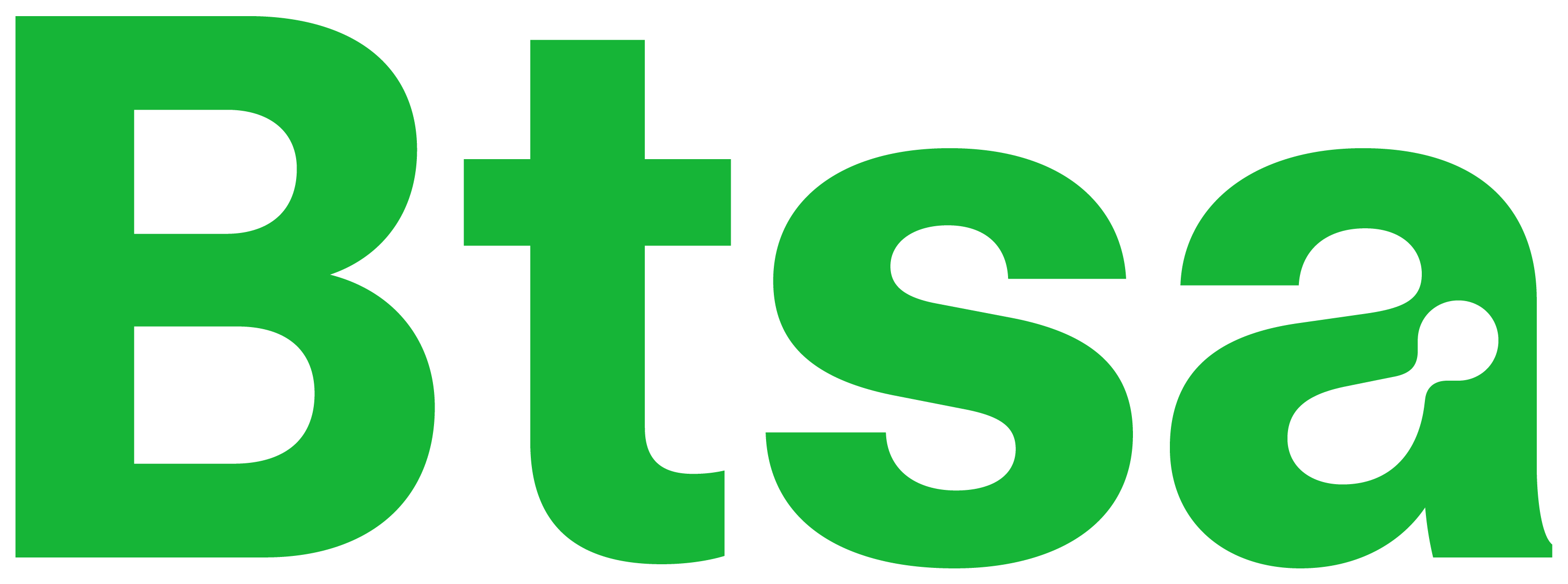Sponsored Content
Food additives used by industry
31 Oct 2024Food additives are substances that are intentionally added to food and beverages in order to modify or stabilise their organoleptic characteristics, to stabilise physical properties, to prolong their shelf life or to correct their components. Although some additives provide nutritional value, they are not used in order to increase the nutritional value of the food to which they are added.

Historically, additives have been included in food, mainly during the 19th and 20th century with the advent of food science, a discipline that combines biology, chemistry, physics and engineering to study the nature of food. Additives are also known by their E numbers, which are codes that have been assigned to them and are usually listed on product labels, mainly in the European Union, but due to their widespread use, they can also be found in other areas.
It was the Codex Alimentarius Commission in 1989 who adopted the International Numbering System for Food Additives (E-Numbers) with the aim of establishing an international numerical identification system on ingredient lists that would function as an alternative to the declaration of the specific name. Often, the names of the additives are too long, different in many languages and of a complex chemical nature, all reasons to establish such a coding system, which can be used independently or alongside the chemical name of the additive. For example, when Tocopherol Blends are used in a product, these may be stated on the label as “E-306”, “Antioxidant E-306” or “Antioxidant: Rich Extract in Tocopherols”.
Types of food additives
The main types of additives used in the food industry are:
- Aromatiers
- Colourants
- Preservatives
- Antioxidants
- Acidulants
- Sweeteners
- Thickeners
- Starch derivatives
- Flavors
- Emulsifiers
Additives are used in industry mainly for food safety reasons, to ensure the safety and edibility of food. In addition, there are other reasons why these types of substances are used, such as maintaining or increasing nutritional value, increasing stability and extending shelf life or facilitating the manufacturing process of products. Besides that, its use is important to provide food to groups of people who have specific needs, as in the case of diabetics, celiacs or people who have certain allergies or food intolerances.
Regulation of food additives
EFSA
To use an additive type it is necessary that it is authorised. In the case of European legislation, authorisation is granted by the European Food Safety Authority (EFSA), an agency of the European Union whose main objective is to assess the risks and problems affecting food safety in the member states Of the EU.
EFSA is also responsible for carrying out relevant safety assessments of new additives, producing safety reports and reviewing scientific information to determine and / or modify conditions of use.
All food additives must comply with the criteria approved in the directives of European legislation. The main regulations that deal with the subject of food additives are the following:
- Framework Directive (89/107 / EEC), general system of authorized food additives.
- Specific Directive (94/36 / EC) on the colours used in foodstuffs.
- Specific Directive (94/35 / EC) on sweeteners.
- Specific Directive (95/2 / EC) on additives other than authorised colourings and sweeteners.
- Positive lists of permitted additives and their conditions of use.
CODEX
The international food regulation that also weighs in on additives is the Codex Alimentarius, which aims to ensure the quality and safety of food in any place and to all people. It belongs to the World Health Organization and to the Food and Agriculture Organization of the United Nations and seeks to contribute through standards, codes and guidelines in international food practices.
Codex standards serve as basic recommendations for national legislation, even if they are merely suggestions where application by members is optional. The information of this institution is public and free of charge and Codex members cover 99% of the world population. Codex is a global reference in the food sector for producers, processors and consumers operating within the international food trade.
In the field of additives, the main standard published by this entity is the general standard STAN 192-1995.
It is also important to track, communicate and publish the World Health Organization (WHO), the Joint FAO / WHO Expert Committee on Food Additives (JECFA) and the Food and Agriculture Organization of the United Nations ( FAO).
FDA and FSIS
In the United States the regulation of additives is at the federal level, so the agencies that have competence in matters of additives is the Food and Drug Administration (FDA) and the Food Safety and Inspection Service (FSIS). There are differences in definition which we will highlight with respect to the European Union.
The first is that additives that are added to food are called direct additives and indirect additives are those present in the packaging that are susceptible to releasing substances into food. In addition, the FDA allows the treatment of foods with irradiation to fight bacteria, which is legally considered as an additive.
Another difference to take into account when working with the US market, is how to name the additives in the labeling of the products, since it is not valid to use the previously mentioned E Numbers. Besides that, in the US there are additives that are allowed which are not authorized in the EU and the other way around, and there are different limits for the use of certain additives.There are countries where certain foods cannot have additives introduced during their manufacturing process. For example, in Spain, milk, pasta, natural yogurt, eggs, nuts, seeds, olive oil or coffee powder, among others, do not have any kind of additive.
There are countries where certain foods cannot have additives introduced during their manufacturing process. For example, in Spain, milk, pasta, natural yogurt, eggs, nuts, seeds, olive oil or coffee powder, among others, do not have any kind of additive.
Food additives also relate to other sectors such as cosmetics, pharmaceuticals or animal nutrition. Some of these substances are being increasingly requested because of the greater knowledge about the effects on people’s health and the new eating habits of consumers.
Download our ebook and discover the keys to choosing the ideal antioxidant for your product!
Related news

Rioja Nature Pharma obtains Friend of the Sea certification
1 Apr 2025
Rioja
Nature Pharma takes another step forward in its commitment to excellence and
the environment by obtaining Friend of the Sea certification for its Omega-3
EPA and Omega-3 DHA softgel fish oil food supplement manufacturing lines.

New high-CBD raw material brings opportunities for the nutraceuticals industry
26 Mar 2025
A new high-CBD raw material is available to the nutraceuticals industry. Bedrocan, an experienced cannabis cultivator, explains why non-hemp CBD of consistent content is an advantage.
Read more
Rioja Nature Pharma incorporates Sulphoraphan Smart, an innovative compound patented by Ingredalia, to its catalogue of ingredients.
25 Mar 2025
Sulforaphane is the active ingredient of broccoli that makes this vegetable a superfood, as it activates the cellular defence against inflammation and oxidation. However, its synthesis and absorption is not always correct, as it is degraded before reac...
Read more
Faster, higher, better – Unlock the Power of Mineral Salts in Sports Nutrition
20 Mar 2025
Calcium, Iron, Magnesium, and Zinc fuel athletes' energy and recovery. German manufacturer Dr. Paul Lohmann® provides high-quality Mineral Salts that support peak athletic performance.
Read more
Visit MÜNZING at VITAFOODS 2025 in Barcelona, Spain at booth 5H45
18 Mar 2025
Experience MÜNZING's high-performance MAGRABAR® defoamers at Vitafoods Europe 2025, taking place from 20 to 22 May in Barcelona, Spain. Visit us at booth 5H45 for live demonstrations of our food-grade antifoams and insights into our i...
Read more
FrieslandCampina Ingredients launches Nutri Whey™ ProHeat for the performance and active nutrition market
18 Mar 2025
[18 March 2025] – FrieslandCampina Ingredients, a global leader in proteins and prebiotics, announces the launch of Nutri Whey™ ProHeat – a heat-stable whey protein – to help brands in the performance and active nutrition market...
Read more
Trend alert: photoprotection supplements
18 Mar 2025
The photoprotection market is evolving. More and more consumers are looking for innovative solutions to complement traditional sunscreens, and this is where food supplements with active photoprotective ingredients are making a difference.
Read more
Experts recommended treatment for knee osteoarthritis
17 Mar 2025
Artroveron® Active+ is a complex that helps to repair cartilage and maintain healthy joint so you can continue with daily activities such as walking, climbing stairs, getting out of bed without pain. Artroveron consists of high dose glucosami...
Read more
Protein Powders with Improved Solubility
14 Mar 2025
The clear advantages of fluidized bed technology compared to the drying process of protein powder in the spray tower:- Faster and improved solubility of proteins compared to powders from the spray tower
- Targeted adjustment of the particle size, re...

PharmaLinea's product awarded for innovation in bone and joint health
11 Mar 2025
